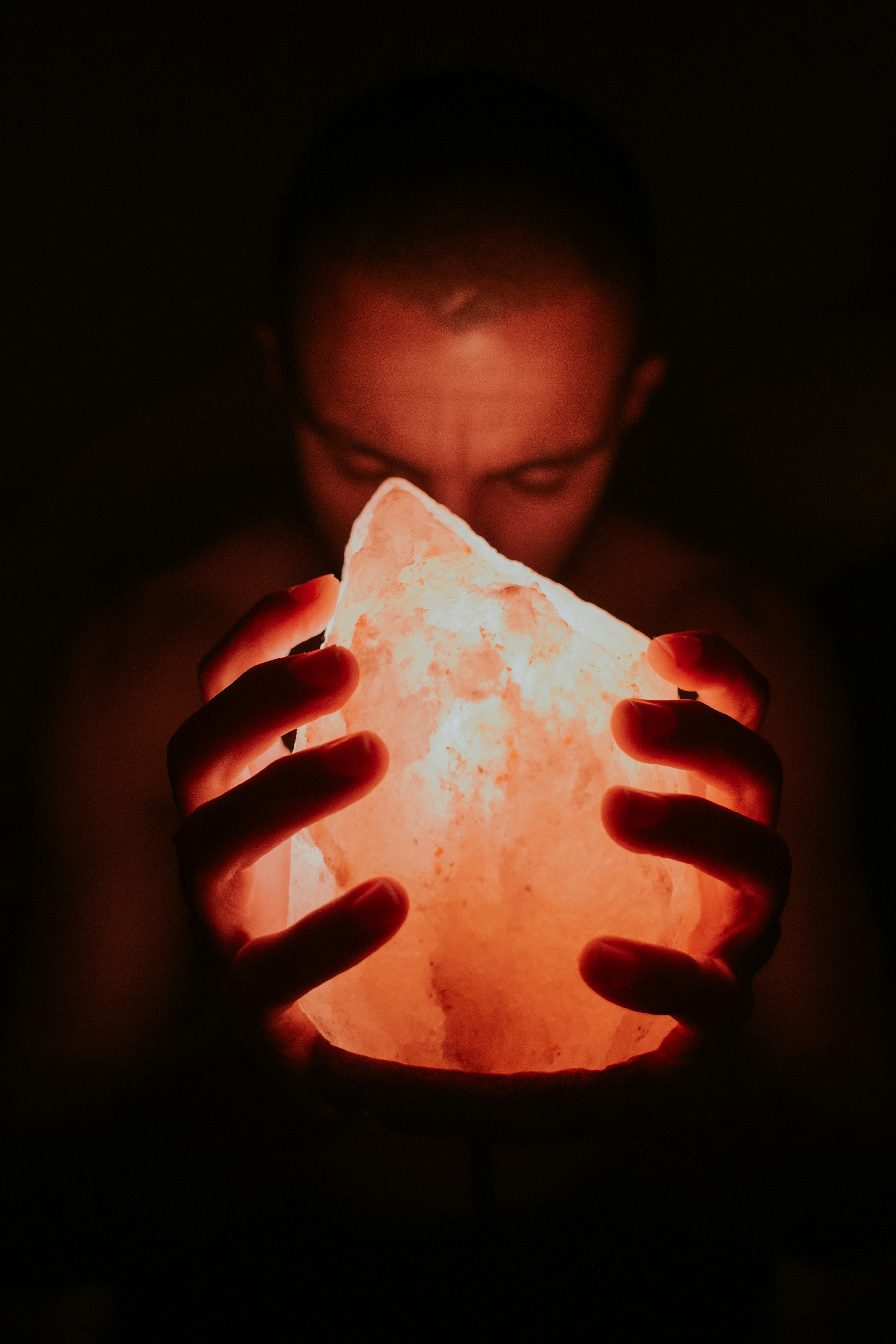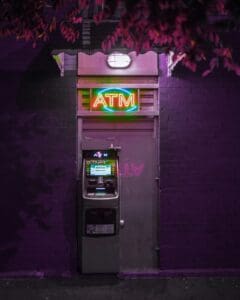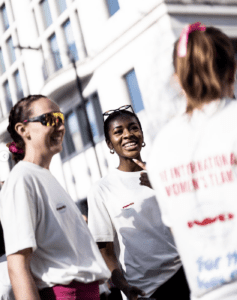What is Lucky girl syndrome? It’s a form of manifestation. A way of thinking or willing your dreams into reality. It’s also trending on TikTok right now, and the hashtag #LuckyGirlSyndrome has been viewed over 402 million times.
Lucky girl syndrome is most popular amongst young women, and encourages people to share their success stories and positive experiences to social media platforms, explaining how they have been fortunate in life and have achieved their goals through luck – rather than hard work and determination.
The term first started trending in December 2022, when @lauragalebe took to TikTok to tell her followers how she gets offered “the most insane opportunities” as a result of simply “expecting great things” to happen. The video now has over 3 million views.
@lauragalebe The secret is to assume and believe it before the concrete proof shows up. BE DELUSIONAL. #bedelusional #luckygirlsyndrome #affirmations #lawofassumption #manifestationtiktok #manifestingtok #lawofassumptiontok #manifestation ♬ original sound – Laura Galebe
The trend continued, with @Skzzolno and her friend posting a TikTok a few weeks later. In it, they explained their positive experience with lucky girl syndrome, and argued that by repeating the words “I’m so lucky, everything just works out for me”, they have passed their exams with flying colours and got the best bedrooms in their new college house. This video then got over 5.3 million views.
This isn’t an entirely new concept. Manifestation and affirmations are phenomenons that have been around for a while and all stem from Neville Goddard’s book The Law of Assumption. The theory suggests that if we believe we have something, we will eventually get it.
On the positive side, the lucky girl syndrome trend can be a source of inspiration and motivation for other young women. Seeing others’ success stories can serve as a reminder that anything is possible, and you never know what tomorrow will bring. Additionally, the trend can help to promote a sense of community and support among young women on social media.
As some have pointed out, however, there is a dark side to the lucky girl syndrome. Whether it is its roots in privilege as Dazed Digital pointed out, or The Guardian’s idea of toxic positivity where if things don’t work out for you, it’s because you attract the bad in your life.
The trend can also lead to feelings of inadequacy and low self-esteem among those who are not as ’lucky’ as others. People might compare their own lives to the highlight reels they see on social media and feel like they are not achieving enough, or that they are not as successful.
@thefifthagency What is lucky girl syndrome? We find out in our new trendsetters piece #luckygirlsyndrome #manifestation #luckygirlaffirmations #officelife #officetok #london #agency #agencytiktok ♬ Affirmation Baddies x LuckyGirl – Affirmations for Women
On top of this, the trend can perpetuate the idea that success is solely based on luck, which can discourage people from proactively trying to achieve their goals. This concept also flies in the face of the famous saying by the golfer Gary Player: ‘the harder you practise, the luckier you get’.
It is important to remember that social media is a curated version of reality, and people are more likely to share their positive moments, successes and accomplishments rather than their struggles, failures and setbacks.
Whilst lucky girl syndrome is just a TikTok trend that probably isn’t here to stay, it is indicative of the manifestation trend that is making its mark in 2023 and one that we recommend brands keep an eye on.






